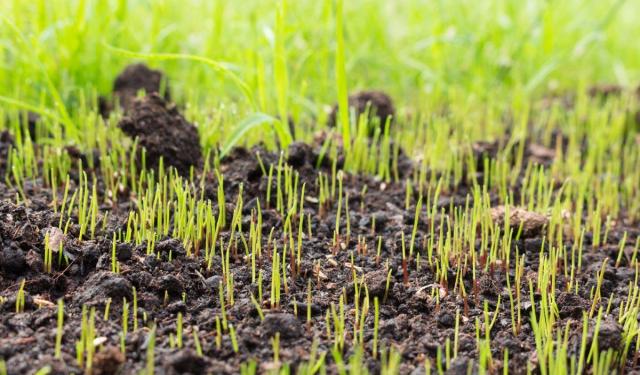If you’re a regular here at Nature’s Seed, you’ve probably noticed by now that we have a pasture seed blend for just about everything. From traditional livestock like cattle and sheep all the way to honey bees and tortoises, our experts have collaborated with farmers and hobbyists all over the country to create the ideal blend for every grazing animal. And due to popular demand, we recently added one more – chickens.
Why Pasture-Raised Poultry?
Interest in pasture-raised poultry has been growing in recent years, and for good reason. The benefits are numerous. Pastured poultry are able to improve the soil fertility of a pasture by recycling nutrients back into the soil through their manure. While it’s easy to see how some people might not value the stuff, chicken manure is well-known for its high levels of nitrogen, phosphorus and potassium, and it makes an excellent organic fertilizer. Second, chickens are insect eating machines which can translate into fewer pest problems around your home or farm. Pastured poultry is also very economical and requires minimal investment. By grazing your chickens outdoors in pasture, money can be saved on equipment, maintenance, and housing.
Health Benefits

Selecting the Forages
So what kinds of forages are best for poultry pasture? While it’s important to keep in mind that pastured poultry will still require supplemental feed, there are some types of forages that are better for chickens than others when it comes to edibility and nutrition. To be the most beneficial to poultry, forages should be naturally low-growing; preferably under a foot or so. Once a chicken pasture grows taller than this, it becomes less desirable to poultry. Legumes and broadleaf forbs should make up the majority of the pasture as grasses offer little value to poultry. Select legumes and forbs that produce abundant seeds, such as clovers. Also keep in mind that one of the most important functions of a poultry pasture is to provide habitat for bugs and insects that chickens will seek out. Be sure to plant a wide variety of low-growing, flowering legumes and forbs to attract these beneficial bugs.
Poultry Forage Blends






